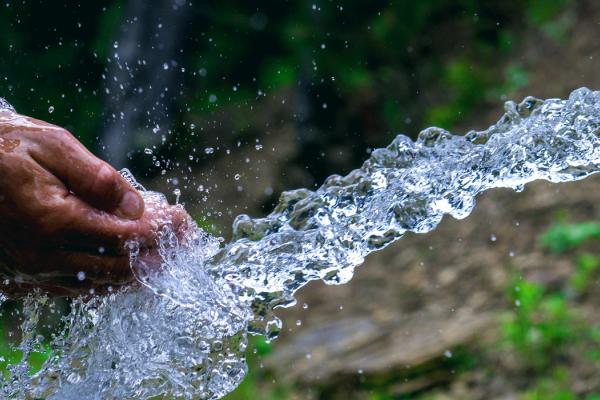May 27, 2016
On a Saturday afternoon in the New York City suburb, Ossining, N.Y., Bette Ann Jaster, OP sits in the chapel at Mariandale Retreat and Conference Center. The priest is preaching about the baptism of Jesus, in which Jesus was invited by John to come to the water. As she listens, Jaster, a Dominican Sister of Hope, can't help but hear his words literally.
At the time, media sources were spilling the news that the Flint, Mich., water was toxic. Jaster reflected on the fact that, for over a year, the water flowed steadily to residents, hospitals, and businesses following a switch in their supply from Lake Huron to the Flint River to save money.
Read the Full Article

Already a subscriber? Login
